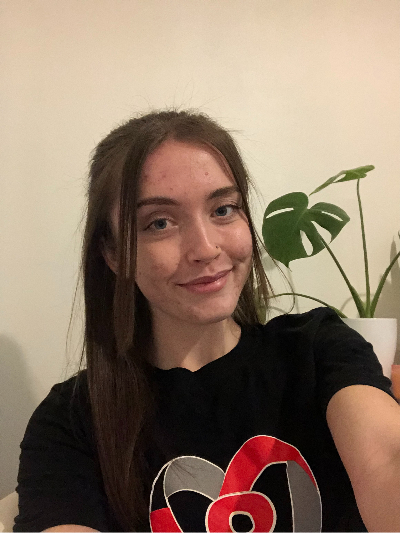
It's Never Too Late To Reach Out For Help

This is Samantha's Story.
 I would say that anxiety is something that I’ve struggled with since I was about 12 but didn’t necessarily know what it was. I can now recognize the signs as being a heaviness in my chest, a pit in my stomach, my thoughts racing, and my body shaking. But, because it was so constant, it was hard to acknowledge that it wasn’t normal and figure out what was causing it. I finally came to the realization it was anxiety when I experienced my first panic attack. I then became very aware of other problems I was experiencing, like depression, body image issues, and disordered eating. Unfortunately, this led to self-harmful behaviours. This was a very difficult time for me; I was afraid to open up about these problems because I didn’t think they were normal for someone my age to be experiencing, and I didn't have anyone to talk to.
I would say that anxiety is something that I’ve struggled with since I was about 12 but didn’t necessarily know what it was. I can now recognize the signs as being a heaviness in my chest, a pit in my stomach, my thoughts racing, and my body shaking. But, because it was so constant, it was hard to acknowledge that it wasn’t normal and figure out what was causing it. I finally came to the realization it was anxiety when I experienced my first panic attack. I then became very aware of other problems I was experiencing, like depression, body image issues, and disordered eating. Unfortunately, this led to self-harmful behaviours. This was a very difficult time for me; I was afraid to open up about these problems because I didn’t think they were normal for someone my age to be experiencing, and I didn't have anyone to talk to.
Unfortunately, this went on until I was almost 19 when it got to the point where I realized I can not keep dealing with this on my own. I started off by speaking to my close friends about it who were very supportive and encouraged me to talk to a therapist. Dealing with all of these issues I had been struggling with (now for 8 years), as well as symptoms of borderline-personality disorder (BPD) was a lot! I was nervous to begin therapy because I felt like my problems were too much. I was also afraid because my mental illness was such a central part of my identity at this part of my life, and I wasn’t sure who I would be if I got better. I figured I would give therapy a shot just to see if I liked it. I began speaking to a therapist who was very kind and understanding, but after a few months, I didn’t feel like therapy was having the biggest impact on me. After a year without therapy, I began online therapy where the therapist would send me readings and activities to do based on my needs, which was different from the traditional talk therapy I tried. This was when I felt like things were really improving. I started learning more about my emotions, where they come from, and how to deal with them.
|
One major thing I learned from therapy was being asked to acknowledge my thoughts or feelings, to challenge them, question if it was a realistic thought and ask myself if I had control over it. I also learned different breathing techniques to help calm and ground myself, which is especially helpful when I am anxious or dissociating. Another thing I found to be really helpful is focusing on what I have control over vs what I don’t. For example, I don’t have control over other people’s actions, but I do have control over my reactions, so I try to focus on that. The use of these techniques, as well as the medication my doctor prescribed me, has been really helpful over the past few months! I am constantly working to better my mindset and treat myself kindly. I am 20 and am still growing and learning, so I am working on being gracious with myself. For whoever is reading this, I hope you can take away that it is never too late to speak up and reach out for help. You deserve patience and grace in all that you do. I used to think that it would never get better and that I would struggle every day. While it does take a conscious effort to improve, and it takes time, I have experienced that it does get better. One day at a time. |
 |

Don't see what you're looking for? Send us an email!
©Copyright 2024 Cam’s Kids powered by Kids Help Phone
Not-for-Profit Organization. B/N: 921508-5
Thanks for visiting Cam's Kids. Please remember...
Cam's Kids is not a service provider.
If you are in crisis, please call 911 or go to your nearest emergency department. For free, confidential counselling, contact Good2Talk or Kids Help Phone.
Post-secondary students: find your local crisis resource here.





